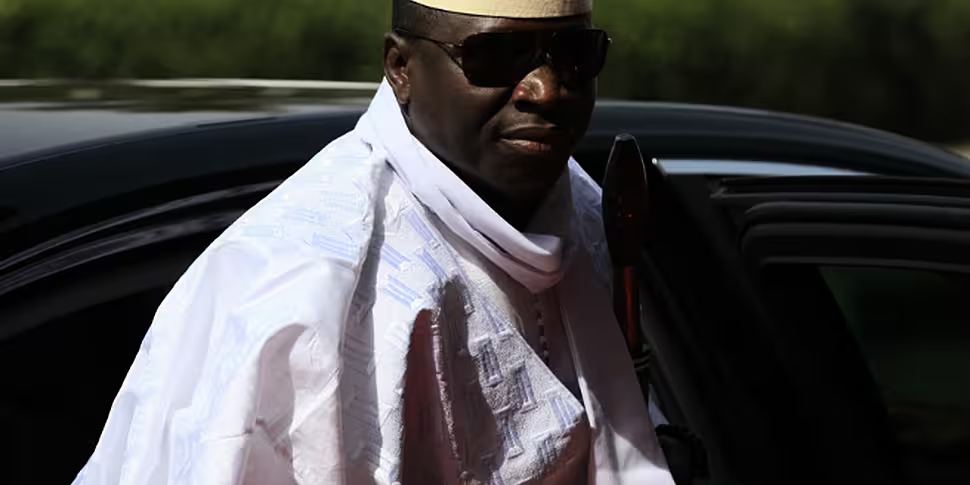The Gambia's defeated leader has finally agreed to step down from power.
Yahya Jammeh had disputed the result of last month's democratic election and had refused to release his grip on power in the country.
After talks with West African leaders and the threat of military action from forces in the region, Mr Jammeh has now announced he will step down.
His decision ends a political impasse and will likely be welcomed by democracy advocates and viewed as a triumph for African diplomacy.
The move brings to an end his 23-year reign in the region following his 1994 coup.
"I have decided today in good conscience to relinquish the mantle of leadership of this great nation," Mr Jammeh said on state television.
"All those who have supported me or were against me in this period, I implore them to put the supreme interest of our nation the Gambia above all partisan interest and endeavour to work together as one nation.”
His opponent - Gambia’s new president, Adama Barrow - was sworn in at the Gambian embassy in Senegal on Thursday and immediately called for international support.
"The rule of fear has been banished from Gambia for good," Barrow told a crowd at a Dakar hotel on Friday, once it became clear a deal had been struck for Jammeh to relinquish power.
"To all of you forced by political circumstances to flee our country, you now have the liberty to return home," he said. Barrow was also expected to return to the country.
Relinquishing power
Mr Jammeh made no mention of whether he would go into exile but said he was leaving power in the national interest.
He said he was proud to have served the Gambian people and grateful there was no bloodshed during the political impasse.
Around 7,000 soldiers from Nigeria and neighbouring Senegal entered Gambia late on Thursday backed by tanks and warplanes and were poised to swoop into the capital as his army provided no resistance.
Jammeh lost to Barrow in December sparking celebrations on the streets of Banjul but, after initially conceding defeat, he changed his mind and said he would challenge the result in court.
In a bid to cling to power, he declared a state of emergency on Monday, dissolved the cabinet and the National Assembly extended his term for three months. More than half its members had resigned and 45,000 people fled to Senegal as refugees.









